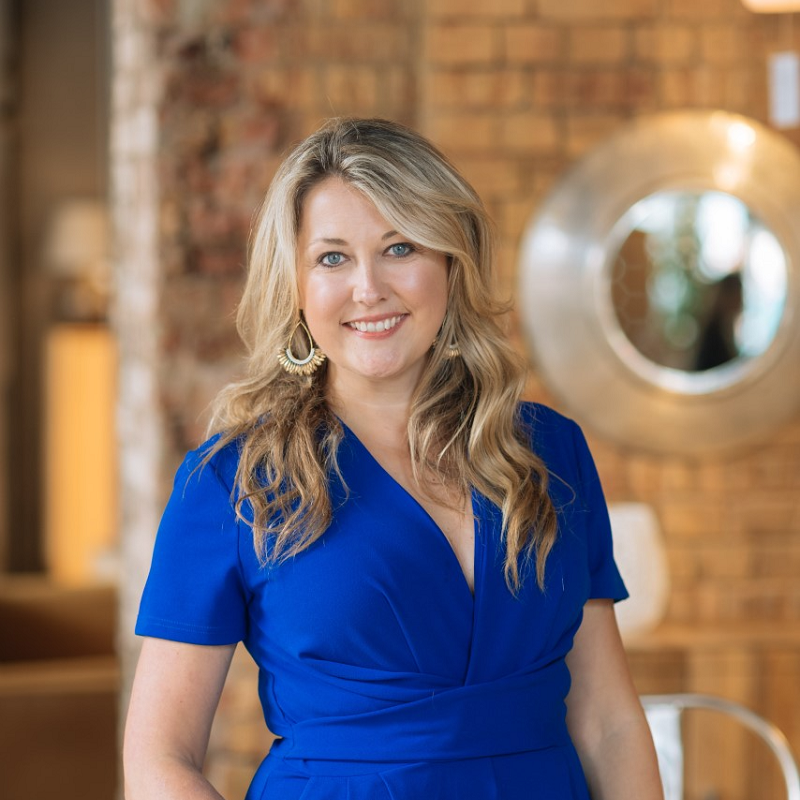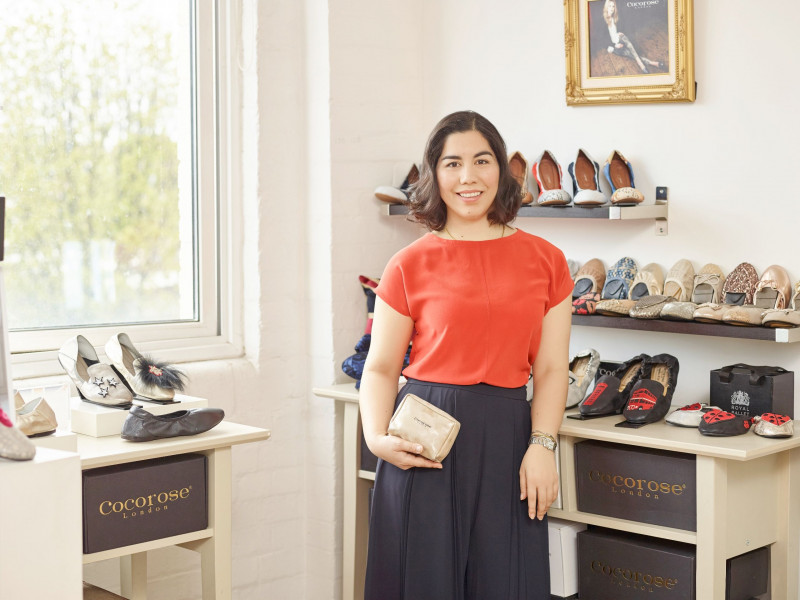
Laura Simpson, My Bespoke Room
Staying focused on where the value lies and setting the team clear KPIs have helped to drive success at online interior design business My Bespoke Room, says its co-Founder Laura Simpson.
- What does your business do?
We offer a professional interior design and personal shopping service, delivered conveniently online and at a fraction of the cost of traditional services. Our talented designers help customers create their perfect room, in their style and in their budget. Customers can buy furniture directly from their designs which we procure for them and deliver directly to their homes.
We also licence our software to other interior designers outside our network on a Saas (software as a service) model. We employ 18 full time members of staff and have 55 consultant designers all over the UK. Our turnover last year was £1.2 million.
- What was the inspiration for your business?
I had just bought my first house and was both overwhelmed and frustrated with what professional help was on offer. I was also obsessed with Pinterest and couldn’t understand why I couldn’t buy the items directly from the site. That is when I saw a huge gap in the market for something that was more affordable, accessible and easy to use. I reached out to a friend and former colleague Diana Greenhalgh and told her about the idea; she loved it and when we started researching the market we saw a real opportunity to disrupt the industry. We started the business together in 2014 while we were both on maternity leave and did it part time for the first three years before focussing on it full time.
- How did you finance the growth of your business?
When we started the business we initially raised £18,000 from friends and family to build an MVP (minimum viable product) to test and validate the product, services and positioning. Three years later when we fully launched the business, we raised our first significant amount of capital. We have now raised £2 million to date in multiple funding rounds, predominantly from angel investors.
- What has been the impact of the pandemic on your business and how have you dealt with this?
When the pandemic hit in March 2020, we were in the middle of closing a funding round, but it fell through at the eleventh hour because of the uncertainty. Then we then both got Covid and became quite ill, and the schools closed, and the kids were sent home. Meanwhile customers went quiet and furniture order started drying up. All this happened in the space of ten days and was undoubtedly the hardest time of our journey so far.
However, once the dust settled, we actually saw it as a huge opportunity, because the home became even more important to everyone during that time and people demanded more from it. Orders started picking up and we tweaked our business plan to focus on where we could drive the most value during the pandemic. As a result, we saw a 140% growth in our revenue over the year.
- What has been the most difficult or challenging part of growing your business?
In the very early days, our biggest challenge was raising capital. There is definitely an art to it in terms of how to best approach it, and it was a completely new world to both Diana and I. The challenge was amplified for us because less than 1% of UK venture funding goes to all-female teams. We now have some brilliant advisors and extremely supportive investors around us.
- What key lesson have you learnt about setting up and growing a business?
Have self-belief and surround yourself with the right people in all aspects of your life. Your support network at home is important, as is your network of advisors and other founders.
- What has been your biggest mistake?
We were initially quite naïve of the funding world and in the early stages we allowed our valuation to get pushed down unnecessarily because we had never been through that process before. It is all part of the learning journey but if I could go back, I would have trusted our gut more and pushed back harder.
- What has been the secret of your success so far?
Setting clear KPIs (Key Performance Indicators) for our team and making them accountable for them. Sometimes business leaders can set their team unattainable goals, whereas for me it is about showing everyone the vision of where we want to get to, breaking that down into digestible KPIs and then empowering them to move the dial.
- What advice would you give an entrepreneur just starting out about how to grow their business?
Stay focused on where the value is – too often people can get distracted by things that materially won’t add value.
- What personal quality or characteristic has been most useful to you as an entrepreneur as you grow your business?
Resilience.


